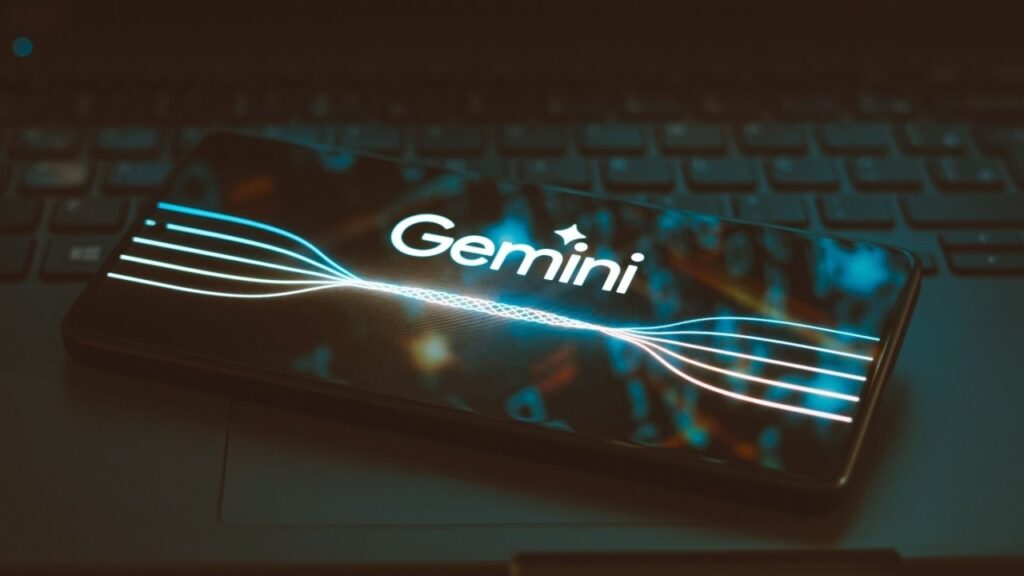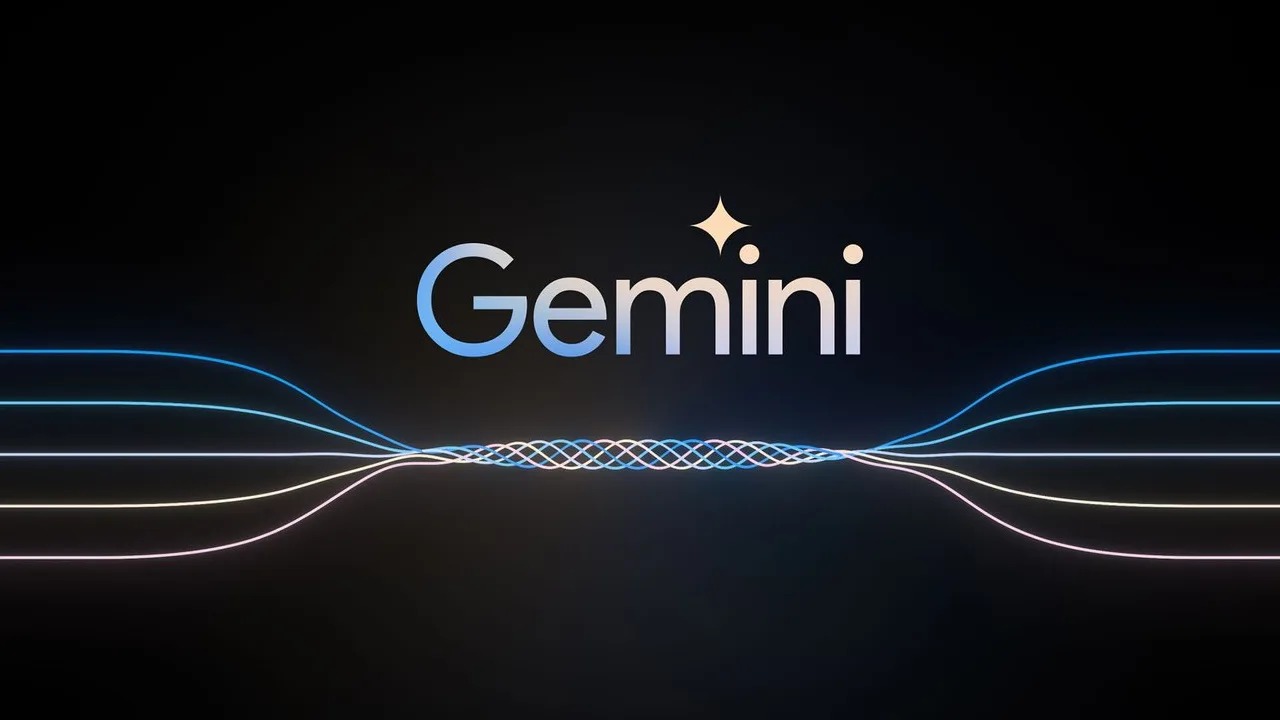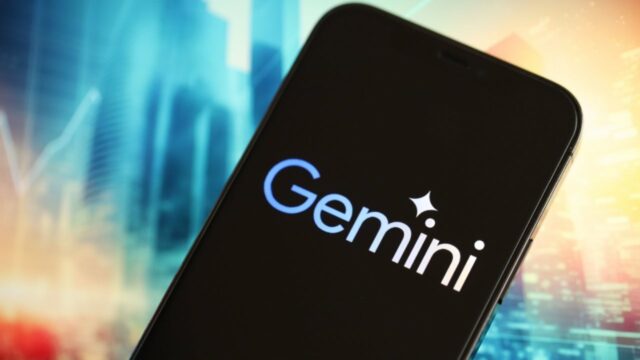Google’s Gemini is showing off a capability that sets it apart from ChatGPT, and it’s something OpenAI might not match at any time soon. Thanks to its deep integration with Android, Gemini has the ability to control apps and execute tasks directly on users’ smartphones. This feature pushes beyond just text generation or chatbot responses, putting it in a more active, assistive role.
Gemini feature taps into Android’s ecosystem

What gives Gemini the edge is how deeply it’s woven into Android. Users can ask it to open apps, adjust settings, send messages, or even place calls. Because it’s baked into the operating system, it behaves more like a hands-on digital assistant than a standalone chatbot. This integration is something ChatGPT can’t offer, especially on iOS or other platforms without native system access.
Google plays to its strengths with Gemini
Gemini’s Android feature isn’t just clever—it’s strategic. Google controls the mobile OS used by billions worldwide. By tying into Android functions, the company creates an experience that OpenAI can’t easily replicate. While ChatGPT might outperform in pure text generation, it lacks direct access to user devices at the system level. Gemini bridges that gap between AI and real-world utility.
ChatGPT alternatives face platform limitations
Right now, AI assistants outside of Google’s ecosystem must work within app permissions or use browser overlays. These methods limit what they can do on your phone. Gemini avoids this problem entirely. Its ability to act on commands and interact with core phone functions is made possible by its home-field advantage inside Android.
Gemini is more than a chatbot
This isn’t just about voice commands or convenience—it’s about redefining what an AI assistant can be. Gemini shows that the future of AI may not lie solely in clever conversation but in useful actions. If Google continues to develop this feature, Gemini could become the most functional AI assistant available on mobile.
Hands-on help is the next frontier
Gemini’s deep system control hints at where AI is going: not just responding but doing. As OpenAI and other competitors continue to evolve, they may struggle to match this level of integration without owning the platform themselves. For now, the Real world utility of this tool gives Google a serious head start.














